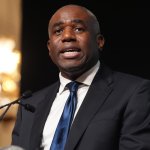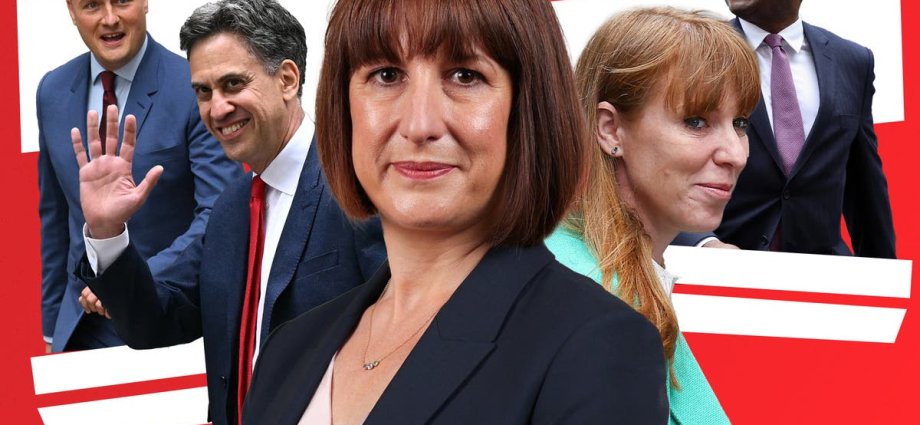Sir Keir Starmer has made Rachel Reeves Britain’s first female chancellor as he appoints his new cabinet to get on with the job quickly.
One of the easiest appointments for the new prime minister was Ms Reeves as his new chancellor.
She played a major role in the campaign and, as a former Bank of England economist, has helped bring economic credibility back to Labour from the wreckage of the Jeremy Corbyn years.
She is the first female to hold the second most important role in government in 708 years of the office being in existence.
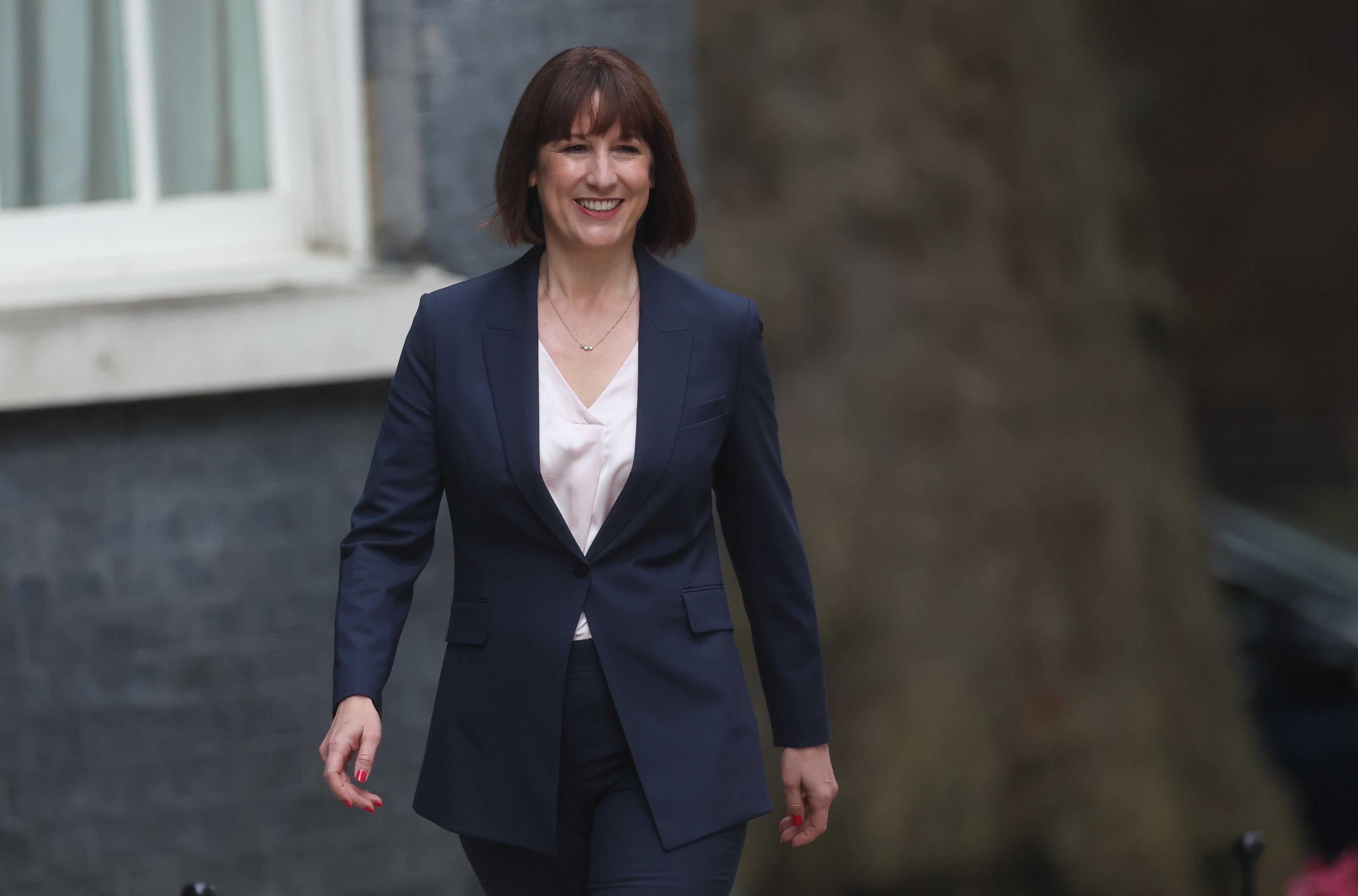
Earlier, Angela Rayner had been handed her own department as secretary of state for levelling up, housing and communities, taking over from Michael Gove.
There had been questions about whether she might get a roving role, but she had shadowed Mr Gove with some success and had hankered after a department.
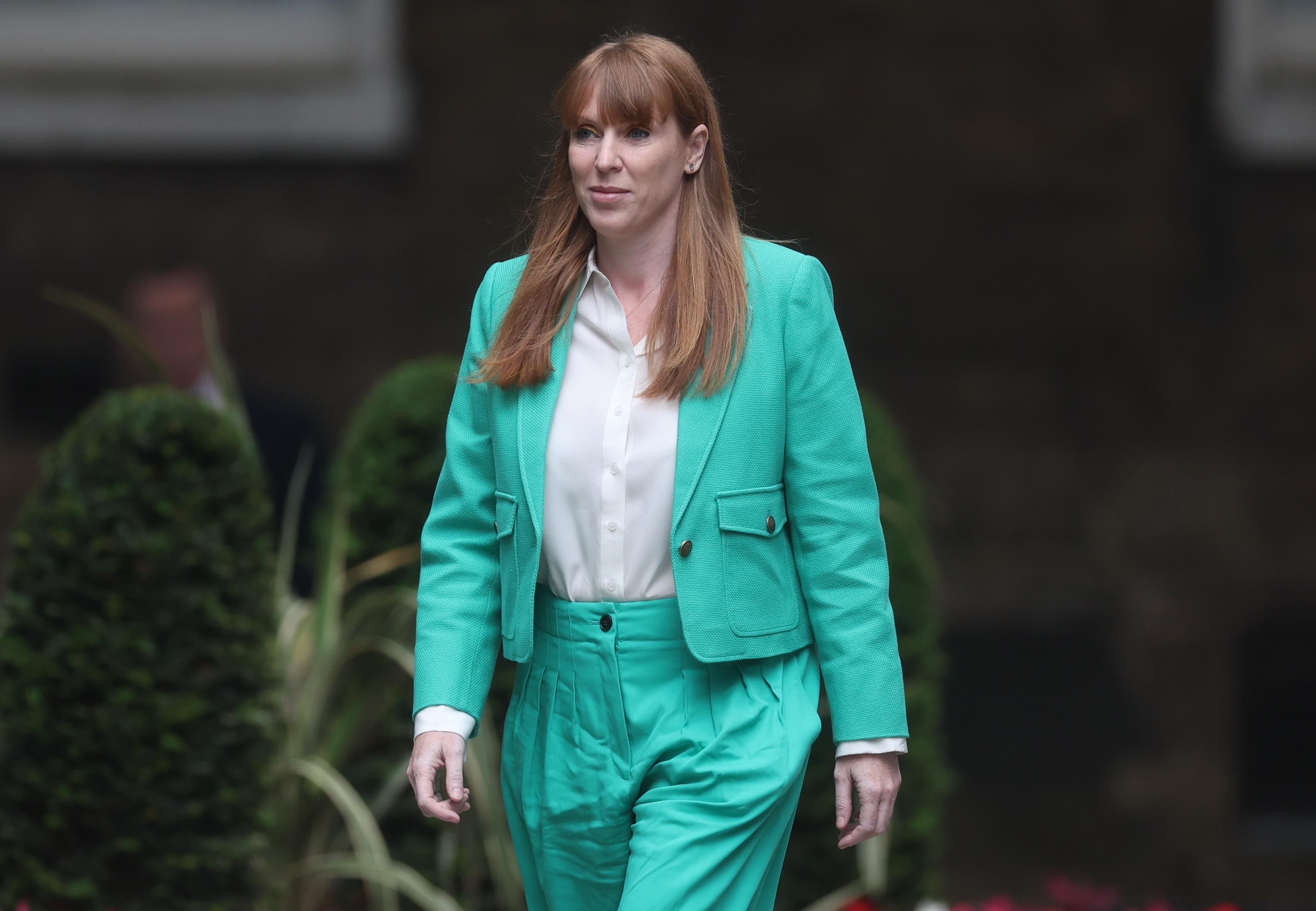
Ms Rayner, who will also be deputy prime minister, only the second woman to hold the role after Therese Coffey in Liz Truss’s 49-day government, will mirror the role of John Prescott who was Tony Blair’s deputy and also in charge of the department for local government and development.
Just 24 hours before people went to the polls, Sir Keir was still being coy about who would get the top jobs and refused in interviews to guarantee anybody a post.
This was partly due to Neil Kinnock coming unstuck in 1992 when he introduced his new cabinet at an infamous rally in Sheffield only to lose the election.
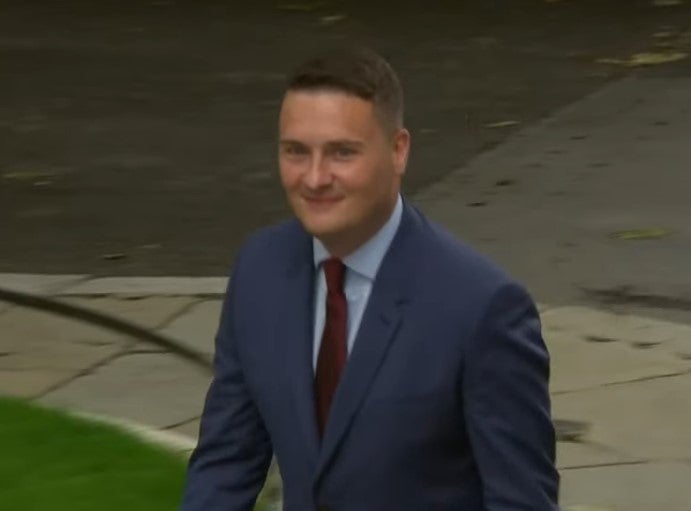
But many of the names of Sir Keir’s first cabinet were easily predicted.
Already David Lammy, Wes Streeting, Bridget Phillipson, Yvette Cooper and Pat McFadden have arrived to be given jobs in the new government.
Mr Streeting teased reporters about his new role, saying: “We’ll find out in a minute.’’
Mr Lammy smiled at reporters’ questions as he made his way through Downing Street. He did not have to wait long to be confirmed as foreign secretary after speculation the role could go to another experienced MP, possibly the newly returned Douglas Alexander.
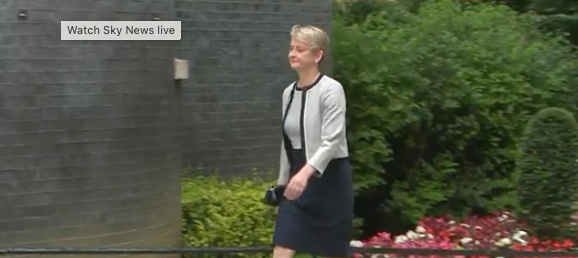
Ms Cooper was named as home secretary, the role she shadowed previously, while John Healey is the new defence secretary.
Mr McFadden is rewarded for his success as campaign coordinator by getting Chancellor of the Duchy of Lancaster running the powerful Cabinet Office – often described as the engine room of governent.
Mr Streeting, another stalwart, has been named the new health secretary having held on to his seat in east London by just a few hundred votes. It was a sign that Sir Keir intends to stick with the shadow team who helped deliver victory and keep them in the portfolios.
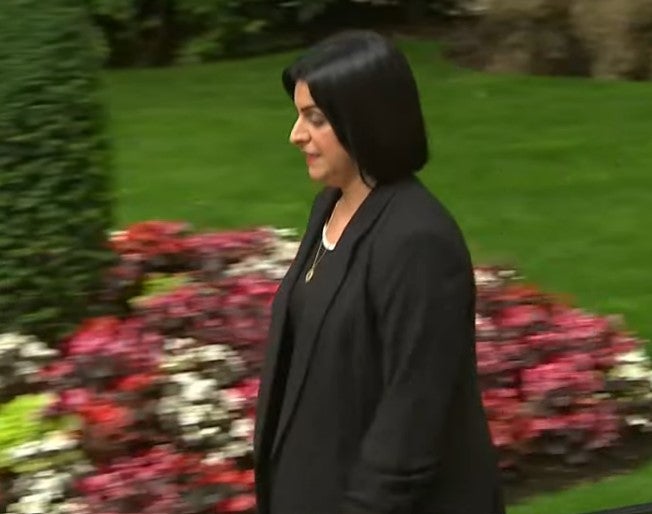
Another clear cut choice was the rising star Ms Phillipson, who like Mr Streeting gave an indepth interview to The Independent during the election, and has become education secretary after becoming the first MP elected on the night in Sunderland South.
Having survived a scare from a pro-Gaza independent in Birmingham Ladywood, key Starmer ally Shabana Mahmood has been made justice secretary brief.
Former leader Ed Miliband is named secretary of state for energy security and net zero in a sign Sir Keir will push through an agenda tackling climate change despite dropping his £28 billion green deal plan.
Sir Keir has also named Liz Kendall work and pensions Secretary, Jonathan Reynolds the business and trade secretary and the president of the Board of Trade, while Peter Kyle becomes the secretary of state for science.
At just 36, Louise Haigh becomes the youngest cabinet minister of the modern era as transport secretary, again retaining the role she held in the shadow cabinet.
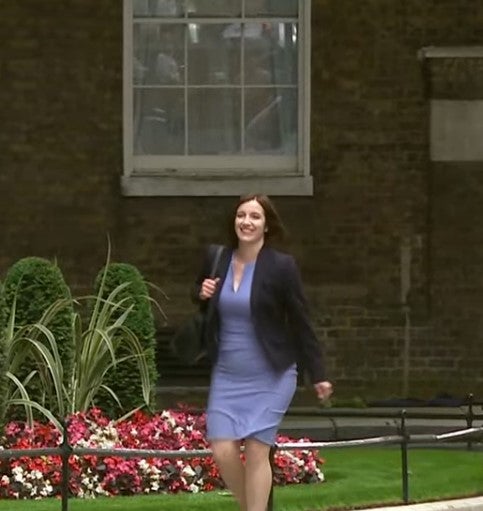
Meanwhile, Sir Keir will have to find two replacements for his front team after shadow culture secretary Thangam Debbonaire lost her seat to the Greens and Jonathan Ashworth was a casualty of a pro-Gaza independent.
Shadow chief Treasury secretary Darren Jones has been impressive in the campaign and may get a more prominent role than Ms Reeves’ number two now an effective reshuffle is required.










